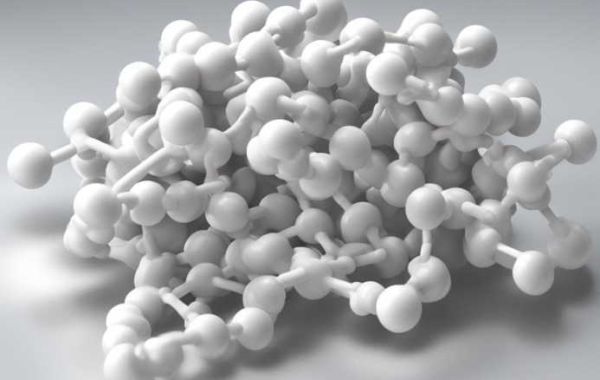What are Pharmaceutical Intermediates?
Pharmaceutical intermediates are chemical compounds that serve as building blocks in the synthesis of active pharmaceutical ingredients (APIs). They are the transitional stages between raw materials and the final drug product. These intermediates undergo various chemical transformations during the manufacturing process, gradually evolving into the desired API.
The Role of Pharmaceutical Intermediates in Drug Development
Synthesis of Active Pharmaceutical Ingredients (APIs)
Pharmaceutical intermediates are the foundation upon which APIs are constructed. The synthesis of APIs involves multiple steps, with each intermediate contributing specific chemical functionalities to the final compound. This stepwise assembly allows for precise control over the chemical structure of the API, ensuring its safety, efficacy, and desired therapeutic effects.
Quality Control and Regulatory Compliance
Pharmaceutical intermediates play a crucial role in maintaining the quality and purity of the final drug product. Stringent quality control measures are implemented at each stage of intermediate production to adhere to regulatory standards. This ensures that the pharmaceutical intermediates meet the required specifications and do not introduce impurities that could compromise the safety of the drug.
Cost-Efficient Manufacturing
The use of pharmaceutical intermediates allows for more cost-efficient manufacturing processes. Instead of synthesizing APIs from scratch, which can be resource-intensive, starting with intermediates streamlines the production process. This efficiency contributes to cost savings and ultimately influences the affordability of pharmaceuticals.
Process Optimization and Scale-Up
Pharmaceutical intermediates facilitate process optimization and scale-up in drug manufacturing. As researchers explore ways to enhance the efficiency of synthesis, intermediates serve as essential components in fine-tuning reaction conditions and scaling up production to meet the demands of a global market.
Types of Pharmaceutical Intermediates
Starting Materials
The initial compounds used in the synthesis of intermediates. These could include simple chemicals that undergo various transformations to yield more complex intermediates.
Key Intermediates
Intermediate compounds that play a central role in the synthesis, often connecting different chemical fragments and contributing essential functionalities to the final API.
Byproducts and Side Products
Unintended compounds that may form during the synthesis process. Managing and minimizing the formation of byproducts is crucial to ensure the purity of the final drug product.
Future Trends and Innovations:
Green Chemistry and Sustainability
The pharmaceutical industry is increasingly focusing on green chemistry principles to minimize environmental impact. Researchers are exploring sustainable methods for synthesizing intermediates, utilizing greener solvents and reducing waste generation.
Advanced Analytical Techniques
Advancements in analytical techniques, such as spectroscopy and chromatography, contribute to the accurate characterization of pharmaceutical intermediates. This ensures the identification and quantification of impurities, leading to enhanced quality control.
Conclusion
In conclusion, pharmaceutical intermediates serve as the unsung heroes of drug development, bridging the gap between raw materials and life-changing medications. Their role in synthesizing active pharmaceutical ingredients, ensuring regulatory compliance, and optimizing manufacturing processes is indispensable. As the pharmaceutical industry continues to evolve, the exploration of sustainable synthesis methods and the integration of advanced analytical technologies will shape the future landscape of pharmaceutical intermediates. Recognizing the significance of these compounds sheds light on the intricate web of processes that culminate in the production of safe and effective drugs for global health.








